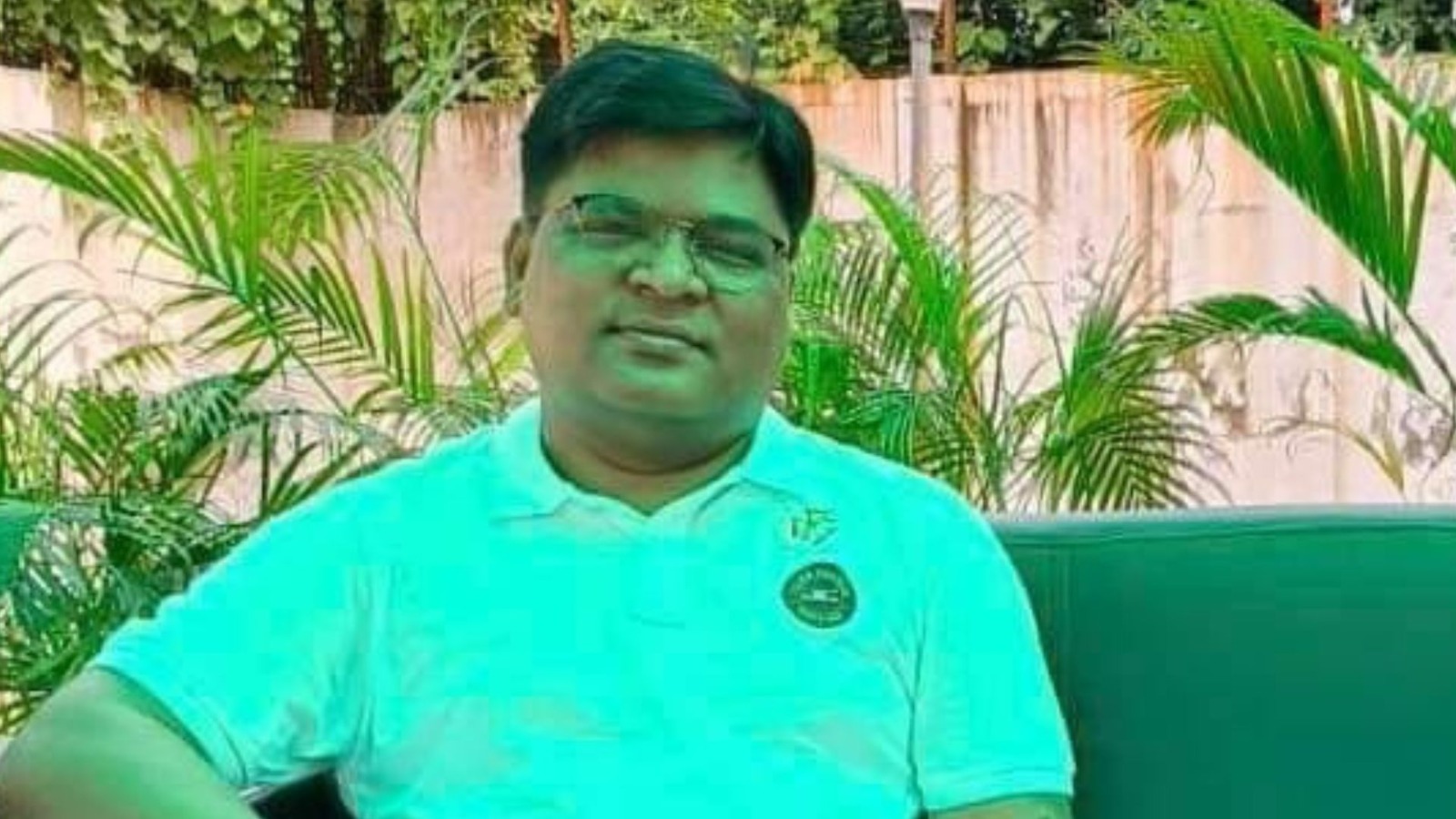Sometime back, the Supreme Court collegiums recommended several names for appointment as judges of various high courts. The collegiums also, on various occasions, recommended transfer of several judges from their parent high courts to other courts.
However, as has now become almost a given for the Narendra Modi government, the Centre decided to process the names in a piecemeal manner, appointing some while arbitrarily leaving out others; transferring some while ignoring some of the other names – all without assigning any reason.
During hearings in the matter of Government not clearing names as per laid down procedure and resorting to a policy of pick and choose, the Supreme Court has been issuing verbal threats, asking the government to clear the names at the earliest.
However, the threats and views expressed by the Judges have had little impact, with the government continuing with its pick and choose policy.
So much so, that earlier this week, the Gauhati High Court saw, possibly a first in the history of independent India, a High Court deferring the swearing-in ceremony of a senior advocate appointed as judge after the government didn’t clear the other name recommended by the Supreme Court collegiums.
Two days later, the Centre buckled and issued appointment orders for the other lawyer too.
But, it is a one-off victory and the fight continues, Forget appointments, it seems, the legal fraternity is now losing confidence in the Supreme Court’s Collegium (SCC) to effect even transfers of sitting judges in a transparent manner.
It is also clear that some of the transfers also don’t show the SCC in good light. Last year, there were protests by lawyers against the SCC’s purported move to transfer one judge each from the Gujarat High Court (Justice Nikhil S Kariel), and the Telangana High Court (Justice A Abhishek Reddy). The protests were significant since there is no official word at that time – which invariably happens via posting of the SCC’s resolutions on the Supreme Court website – about the transfers.
Like appointments to the higher judiciary, which have always been shrouded in mystery, the SCC, in several cases, has been rather opaque about the real reasons behind transfers of many judges. Were the transferred judges not performing their duties with honesty and as per the Constitution? Or were they being shunted out due to the fact that they were doing their job well?
The strongly-worded resolution of the Gujarat High Court Advocates’ Association described Justice Kariel as “one of the finest, honest, upright and unbiased Judge, whose integrity and honesty is being vouched by the entire Bar in one voice”. What then, questions were asked, made the Chief Justice DY Chandrachud-led five-judge SCC transfer the judge to Patna?
If there were complaints against these two judges – and another judge whose transfer has purportedly also been recommended – shouldn’t the same be looked into.
While the Supreme Court itself has often said transfer isn’t a punishment, in the case of upright judges, transfer is anything but. By transferring out good judges, isn’t the SCC depriving their parent high courts of their services? Should the Bar of the Gujarat High Court have the right to be informed why the judge was transferred and why his transfer isn’t a case of “death of independence of judiciary”?
For far too long, the SCC has tried to use transfers to send out a message to errant judges. However, more often than not, while the unscrupulous among judges continue to rule the roost in their parent high courts, the power of transfer has been weaponised to keep upright, no-nonsense judges on a short leash.
Till date, for example, nobody knows why the SCC, then headed by then CJI Ranjan Gogoi – the same one who accepted a post-retirement seat in the Rajya Sabha from the Narendra Modi government, transferred out Justice A A Kureshi from the Gujarat High Court “in the interest of better administration of justice” to the Bombay High Court.
By arbitrarily transferring out judges, or, in the alternative, choosing to allow some judges, whose conduct may not be beyond reproach, the SCC is only strengthening the case of those, including the government, that the opaque collegium system needs to be junked.
When he took over as Chief Justice of India, many had thought Justice DY Chandrachud would be the CJI to make the working of the SCC more transparent. Sadly, he has done little so far to prove that the confidence wasn’t misplaced.




